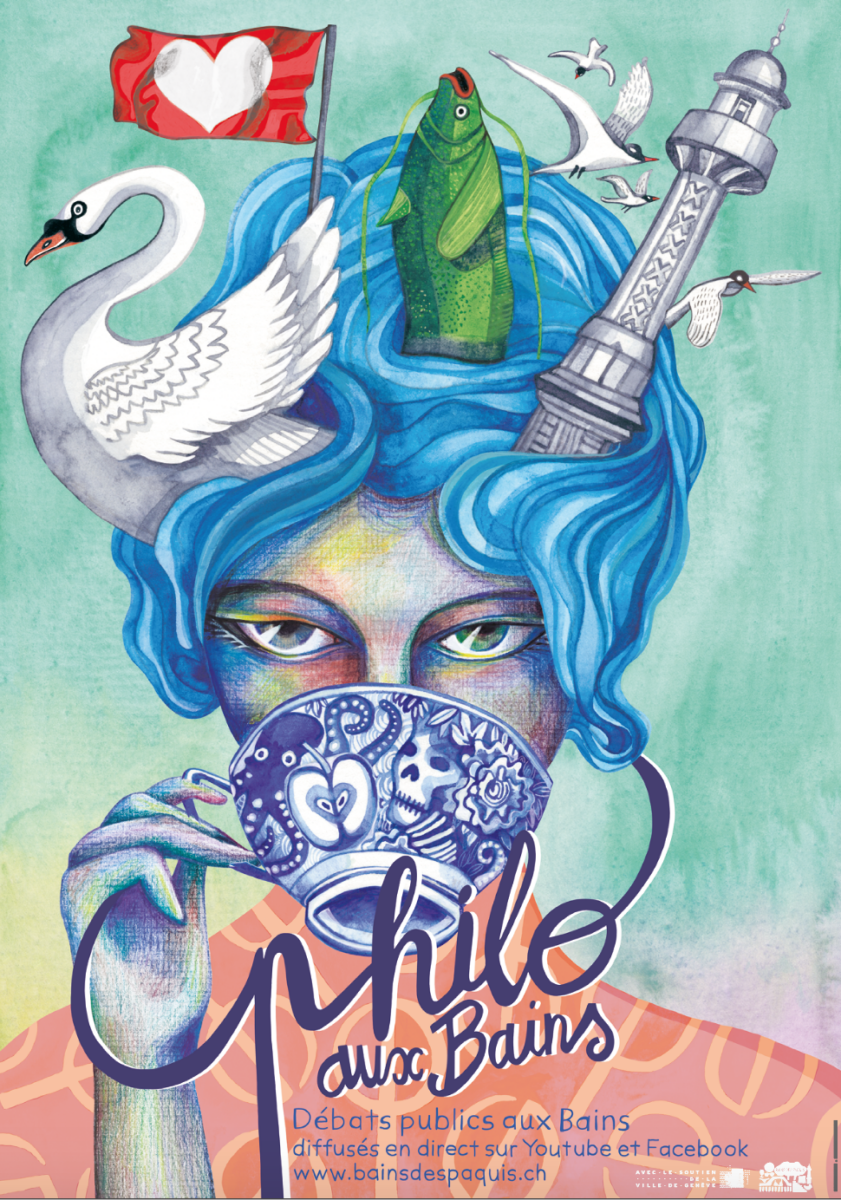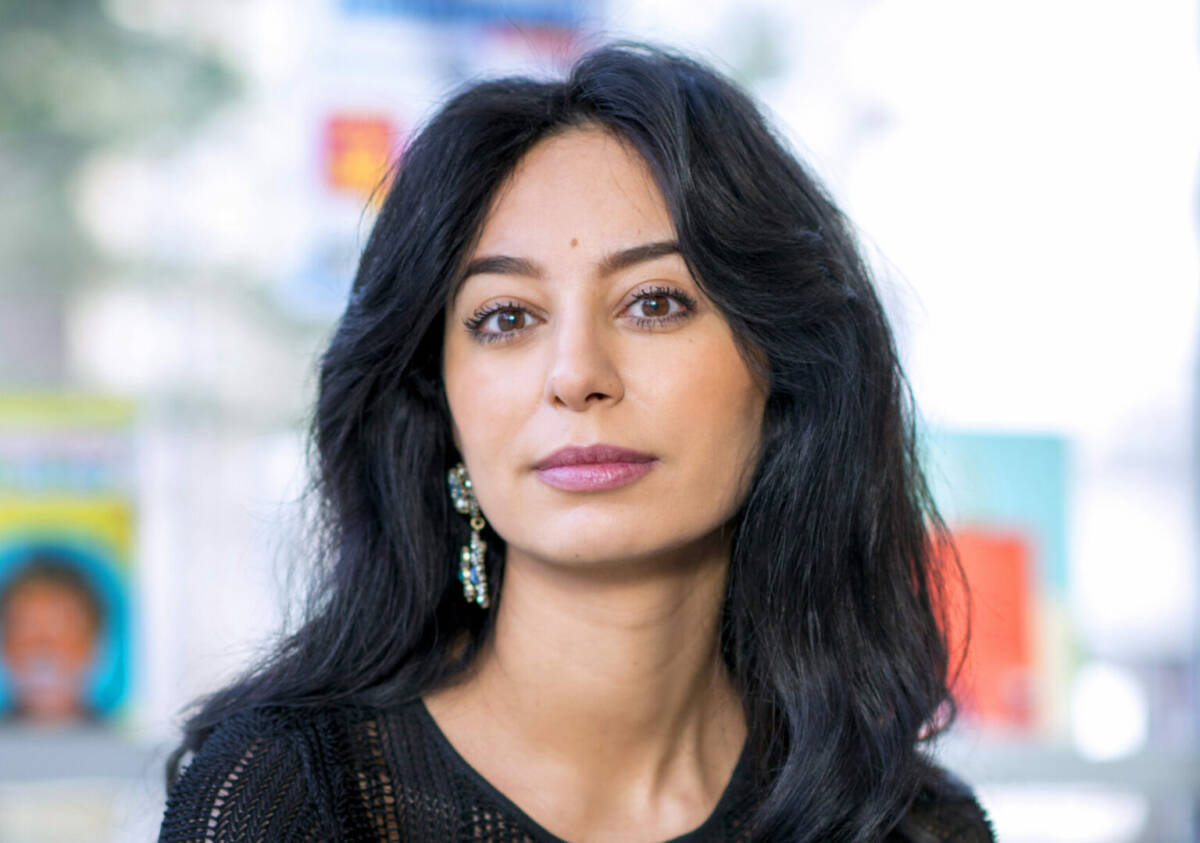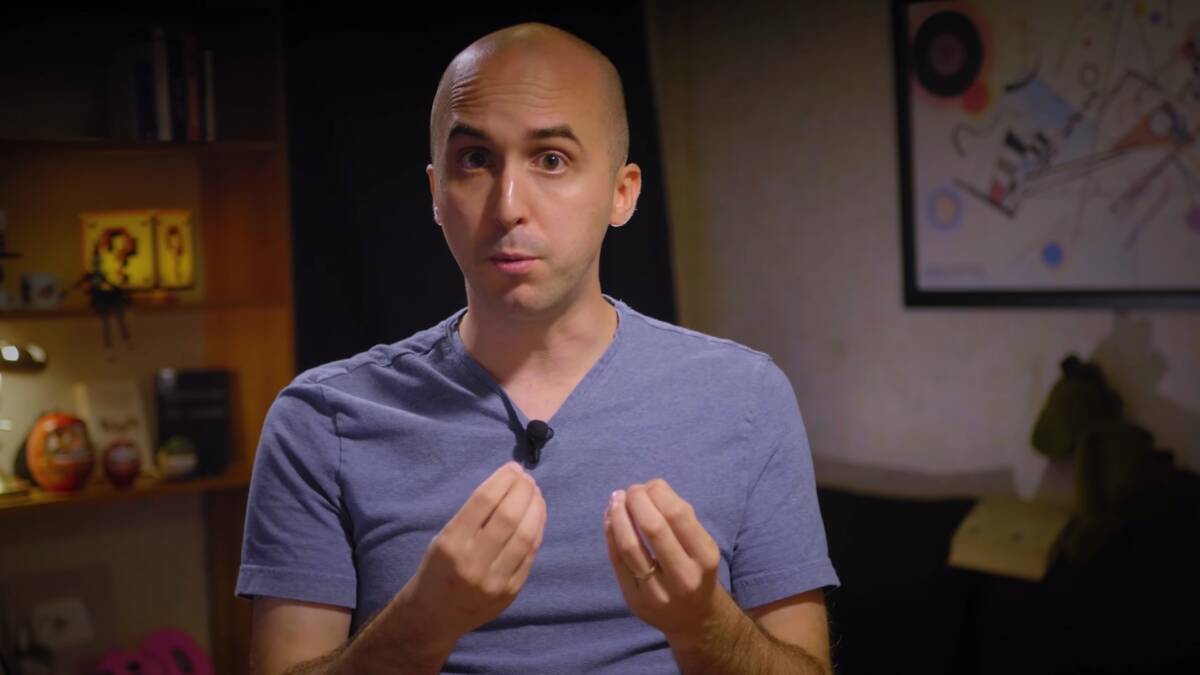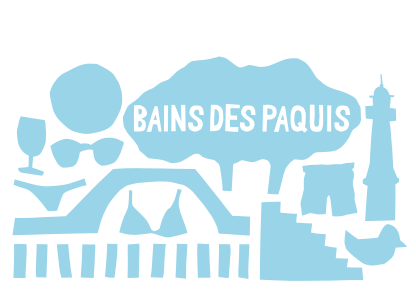PHILO AUX BAINS
Philosophy cafés have been held at the Bains des Pâquis for many years. Their aim is not only to introduce the general public to the thinking of numerous writers, scientists, philosophers, researchers and artists from Geneva, Switzerland and abroad, but also and above all to engage them in dialogue with the public.
The arrival of Covid-19, followed by confinement, forced us to completely rethink our formula. During the lockdown, we organized live webcasts during which the public could interact directly with the guest from a distance, asking questions via the mediator.
During deconfinement, we took the best of the two previous formulas, offering meetings in which the public could participate either directly at the Bains des Pâquis, or remotely via the Internet.
Through contemporary themes that seem to us to be of the utmost importance (feminism, ecology, ethics, health, transhumanism, new technologies, and many others), we aim to nurture citizen reflection by proposing debates that are both rich in content and accessible to as many people as possible. Given that the world is undergoing major changes, shaken by Fake News, conspiracy theories and other alternative facts, and increasingly divided between different groups who no longer have the opportunity to sit down together to talk and reflect, this approach seems more important than ever.

Philo aux Bains 2025: Program
Browse the editions!
PHILO AUX BAINS
Philosophy cafés have been held at the Bains des Pâquis for many years. Their aim is not only to introduce the general public to the thinking of numerous writers, scientists, philosophers, researchers and artists from Geneva, Switzerland and abroad, but also and above all to engage them in dialogue with the public.
The arrival of Covid-19, followed by confinement, forced us to completely rethink our formula. During the lockdown, we organized live webcasts during which the public could interact directly with the guest from a distance, asking questions via the mediator.
During the deconfinement, we took the best of the two previous formulas by offering Cafés-philo in which the public could participate either directly at the Bains des Pâquis, or remotely via the Internet.
Through contemporary themes that seem to us to be of the utmost importance (feminism, ecology, ethics, health, transhumanism, new technologies, and many others), we aim to nurture citizen reflection by proposing debates that are both rich in content and accessible to as many people as possible. Given that the world is undergoing major changes, shaken by Fake News, conspiracy theories and other alternative facts, and increasingly divided between different groups who no longer have the opportunity to sit down together to talk and reflect, this approach seems more important than ever.


















